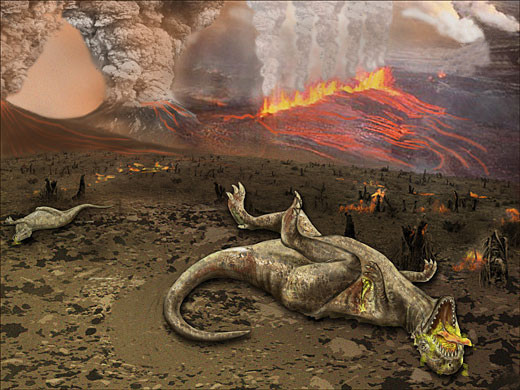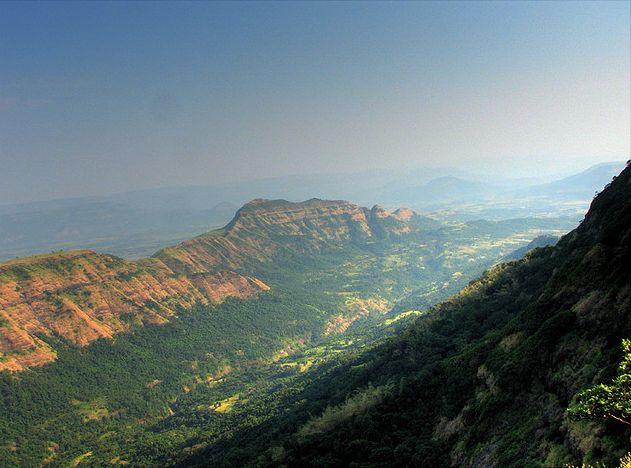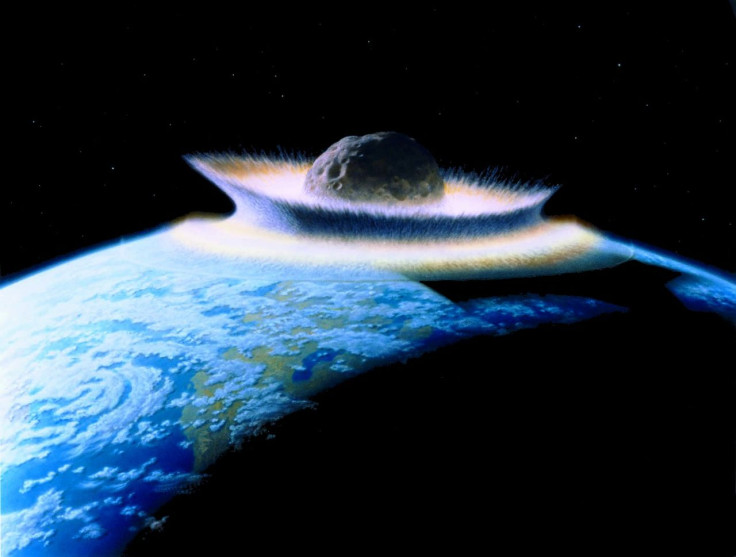Dinosaur extinction: Asteroid impact triggered massive volcanic eruptions at Deccan Traps

The asteroid impact 66 million years ago widely attributed to contributing to the extinction of the dinosaurs likely triggered massive volcanic eruptions at the Deccan Traps in India – compounding the extermination, scientists have said. A team of researchers has said the two events happened within 50,000 years of one another, dealing a one-two punch that may well have wiped the species from the face of the planet.
For many years scientists have debated what caused the Cretaceous-Paleogene (K-Pg) mass extinction event, with some blaming the Chicxulub asteroid impact and others pointing to massive volcanic eruptions. In both scenarios, the events would have covered the planet with dust and noxious fumes, killing of animal and plant life.
In a study published in the journal Science, researchers from the University of California, Berkeley, say they have come up with the most accurate date yet for the eruptions at the Deccan Traps and that this puts the two events within 50,000 years – a very short space of time in the whole scheme of things.

The team collected lava samples from the Deccan Traps, from several hundred thousand years before the extinction and half a million years after. Isotope dating allowed them to work out the chronology and rate of flows.
Their dates reveal that volcanic eruptions after the impact had doubled within this period. The lava flows were also periodic, consistent with a change in the plumbing feeding the flows, with chambers becoming larger and spewing more lava when they did erupt.
Lead researcher Paul Renne said: "Based on our dating of the lavas, we can be pretty certain that the volcanism and the impact occurred within 50,000 years of the extinction, so it becomes somewhat artificial to distinguish between them as killing mechanisms: both phenomena were clearly at work at the same time. It is going to be basically impossible to ascribe actual atmospheric effects to one or the other. They both happened at the same time."

Scientists say the impact caused an abrupt change in the plumbing system of volcanoes that led to this massive increase. Volcanoes, they believe, probably stopped life on Earth recovering for about half a million years. "We are proposing that the volcanism unleashed and accelerated right at the K-Pg boundary suppressed the recovery until the volcanoes waned," Renne said.
Co-author Mark Richards, who first proposed the idea that the impact triggered the eruptions, said the high-precision dates makes it increasingly difficult to deny the link between the two. "People are going to have to accept the likelihood of a connection among them. The scenario we are suggesting – that the impact triggered the volcanism – does in fact reconcile what had previously appeared to be an unimaginable coincidence," he said.
Renne added: "All these things changed in a fundamental way, and increasingly it seems they happened right at the K-Pg boundary. Our data don't conclusively prove that the impact caused these changes, but the connection looks increasingly clear.
© Copyright IBTimes 2025. All rights reserved.






















